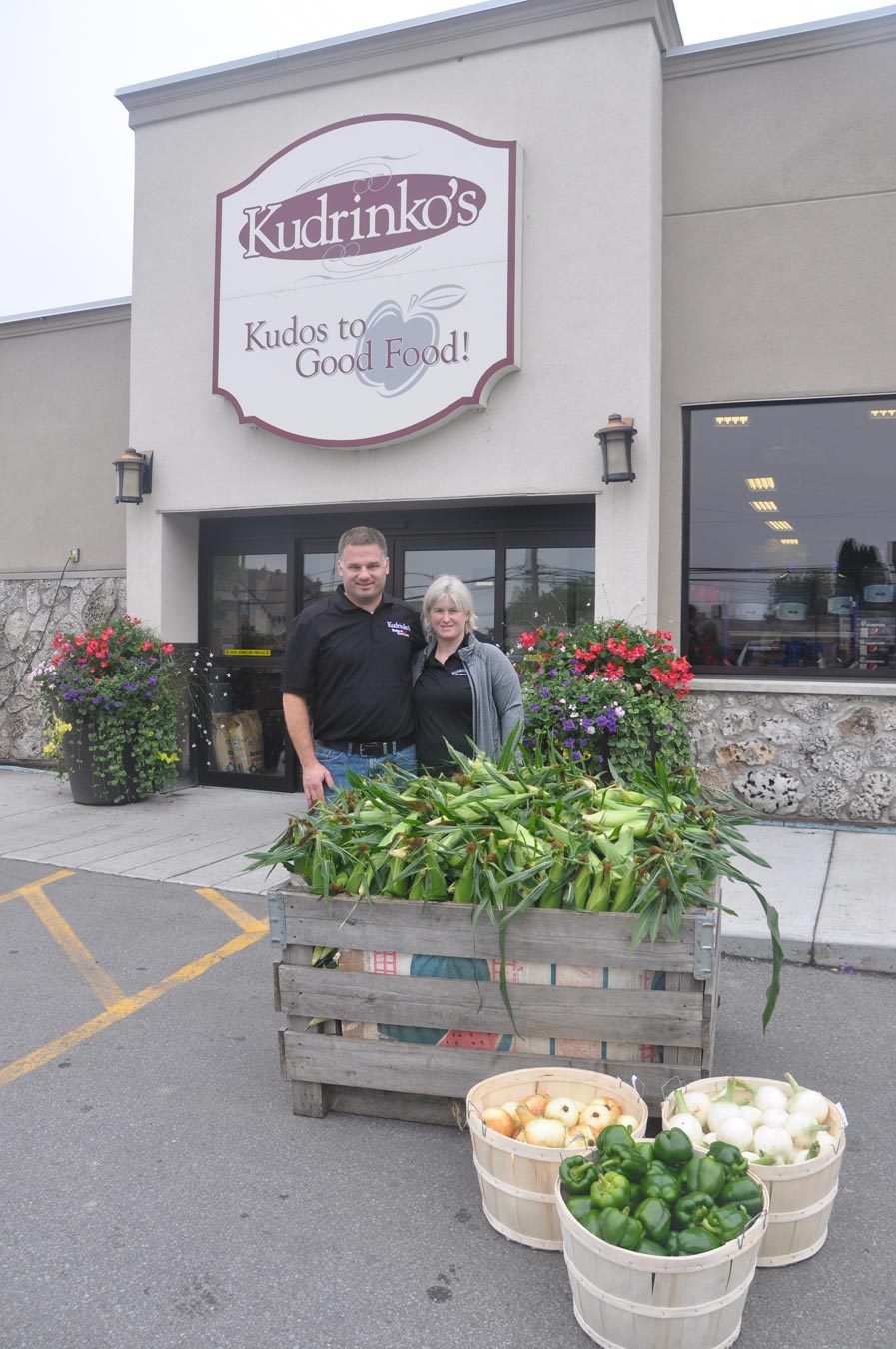…from the Greenbelt Fund website…
Training for Tomorrow’s Food Hub Leaders
The first of its kind in North America, now in its third year and first time being offered in Canada, this program is an innovative blend of hands-on, community-based online and on-campus learning to prepare you for managing food hubs. The program provides the tools you need to advance your career in food systems.
Highlights
- Taught online with in-person sessions held in Southwestern Ontario – with a plethora of businesses leading the local food movement
- Syllabus includes: Business Formation, Food Hub Fundamentals, Business Planning, Marketing, Sales, Finance HR & Staffing, Risk Management, Food Safety, Product Development and Knowledge, Supply Chain Management, Storage and Warehouse Management, Distribution, Processing, Technology, Value Chain Facilitation
Who Should Apply?
- Individuals exploring the feasibility of starting or expanding a food hub
- Emerging leaders in organizations advancing the feasibility of regional food systems
- Food Hub practitioners focused on ‘the next ten years’
- Professionals seeking to develop their career in the local and regional food market
For more details, see the Greenbelt Fund site…

